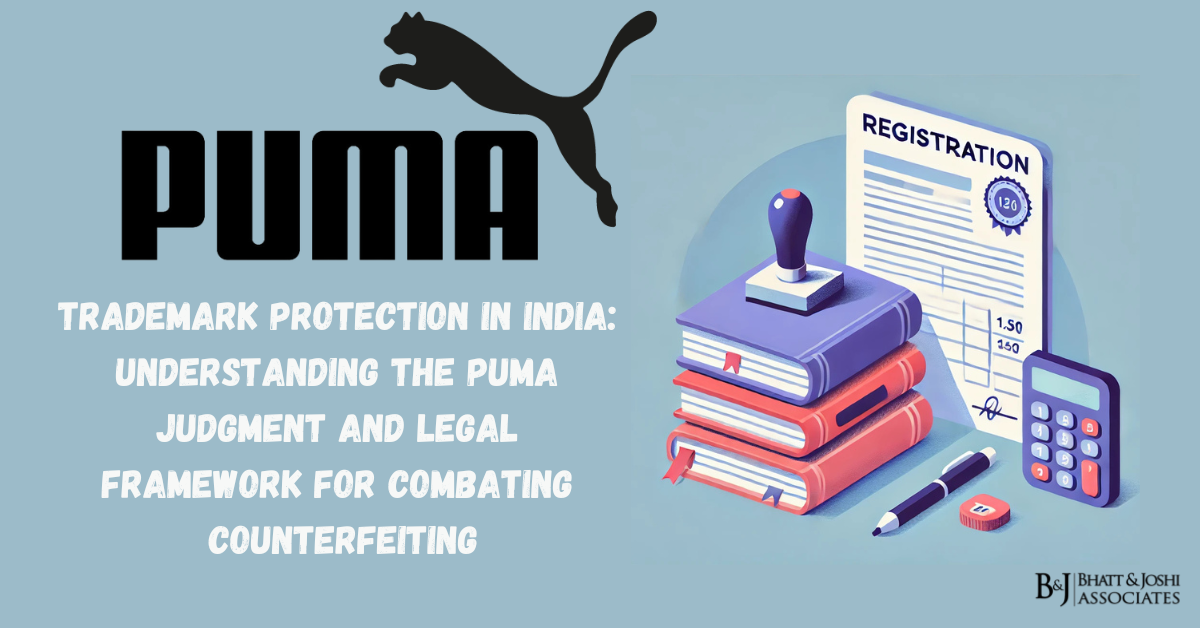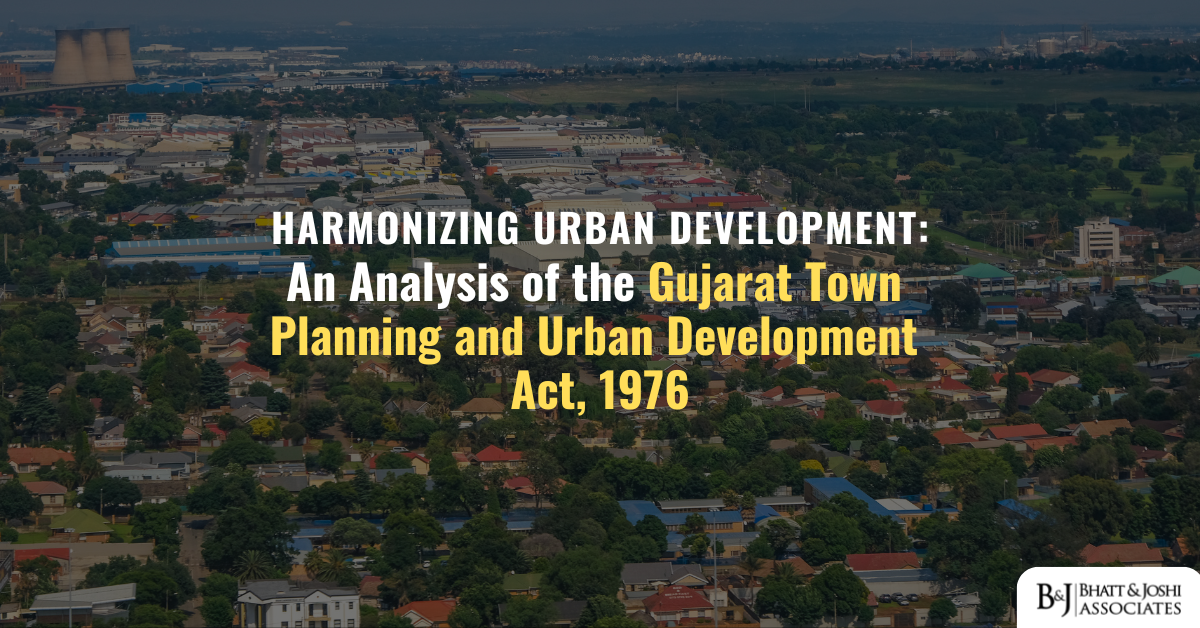Background
The case is primarily concerned with the liability of insurance company to pay interest and penalty in Workmen Compensation (WC) matters. The controversy arises from the interpretation of Section 4A of the Employees Compensation Act, 1923, which outlines the conditions under which compensation should be paid and the penalties for default.

Prayer of the Applicant
Original applicant-respondent had promptly informed the Insurance Company about the accident. Despite being informed about the accident, the Insurance Company has not provided the compensation amount that is covered by the insurance policy. It is requested that since the insurance company has not paid the compensation that was supposed to be covered by the insurance policy, neither has it been deposited in the Court. Therefore, he asserts that it is the responsibility of the insurance company to not only pay the compensation but also pay interest and penalty.
“On the other hand, learned advocate Mr. Mansuri appearing for the original applicant-respondent No.1 submitted that the employer has informed the Insurance Company about the accident in time but the insurance company did not pay the amount of compensation which was covered by the insurance policy nor it was deposited in the Court and therefore, it is the liability of the insurance company to pay interest and penalty to the claimant.” (Page 3, Para 5)
Legal Issues Involved
The primary legal issue involved in the case pertains to the liability of insurance companies in paying interest and penalty in Workmen Compensation matters. The case delves into the interpretation of Section 4A of the Employee’s Compensation Act, 1923, and whether the insurance policy can contract out of statutory obligations. Another point of contention is the applicability of the Insurance Act, 1938, and the Motor Vehicles Act, 1988, in determining the terms of the insurance contract.
Arguments made by Applicant
Original applicant-respondent argued that the insurance company was duly informed about the accident in a timely manner. Despite this, the insurance company neither paid the compensation covered by the insurance policy nor deposited it in the court. Therefore, he contended that the insurance company should be held liable for paying interest and penalty to the claimant.
Submission by Opposition
The appellant argued against the liability of the insurance company to pay interest and penalty. They contended that the terms of the insurance policy explicitly exclude the liability for interest and penalty under the Workmen’s Compensation Act, 1923. The appellant also relied on legal precedents to support their argument.
Important Observations of the Court
The court made several critical observations, particularly focusing on the interpretation of Section 4A of the Employee’s Compensation Act, 1923. The court clarified the distinction between the provisions for interest and penalty under the said Act. View full judgement here:
- The court is clarifying that under Section 4A(3)(b) of the Employee’s Compensation Act, 1923, the provision for interest and the provision for penalty are distinct. The Commissioner can impose a penalty if there is a delay without justification, and this penalty is separate from the interest on arrears.
“As per Section 4A(3)(b), if the Commissioner is satisfied that there is no justification for the delay, it can direct the employer, in addition to the amount of the arrears and interest thereon, to pay a further sum not exceeding 50% of such amount by way of penalty. Thus, provision for interest and provision for penalty are different.” (Page 7, Para 8)
- The court notes that the additional evidence application regarding the insurance policy is allowed. It cites Clause 10 of the insurance policy, which clarifies that the policy does not cover indemnification for interest and/or penalty resulting from failure to comply with the requirements of the Workmen’s Compensation Act, 1923.
“In view of the above facts, application for additional evidence being Civil Application No. 1 of 2015 is allowed. Insurance Policy is permitted to be placed on record. Clause 10 of the insurance policy reads as under: ‘It is hereby understood and agreed that the cover provided under this Policy shall not extend to indemnify the Insured/Insureds in respect of any interest and/or penalty which may be imposed on him/them on account of his/their failure to comply with the requirements laid down under the Workmen’s Compensation Act, 1923 and subsequent amendments of the said Act.” (Page 10, Para 9)
- The court determines that the appeal is successful and overturns the High Court’s judgment regarding the interest rate. The court clarifies that the original claimants are entitled to interest at 12% per annum on the compensation amount awarded by the Commissioner, starting from the date of the incident.
“In view of the above and for the reasons stated above, the present appeal succeeds. The impugned judgment and order passed by the High Court insofar as awarding the interest @ 12% p.a. after the period of expiry of one month from 25.01.2017, is hereby quashed and set aside and it is observed and held that the appellants herein – original claimants shall be entitled to the interest @ 12% p.a. on the amount of compensation as awarded by the Commissioner from the date of the incident i.e., 29.11.2009.”
Important Provisions of Law
| Sr no. | Provision / Section of Law | What it Stands for | Context in the Case |
|---|---|---|---|
| 1 | Employee’s Compensation Act, 1923, Section 4A | Outlines the conditions under which compensation should be paid and the penalties for default. | Central to the case, the court interpreted this section to conclude that the insurance company is not liable for interest and penalty. |
| 2 | Insurance Act, 1938 | Governs the terms of insurance contracts. | The court held that the terms of the insurance contract are governed by this Act and not by the Motor Vehicles Act, 1988. |
| 3 | Motor Vehicles Act, 1988 | Governs motor vehicle insurance and other related matters. | The court clarified that this Act is not applicable in the present case. |
Conclusion
The court concluded that the insurance company is not liable to pay interest and penalty in the Workmen Compensation matters. The court emphasized that the terms of the insurance policy explicitly exclude such liability. The court also clarified that the liability to pay interest and penalty would be on the employer and not on the insurance company.













